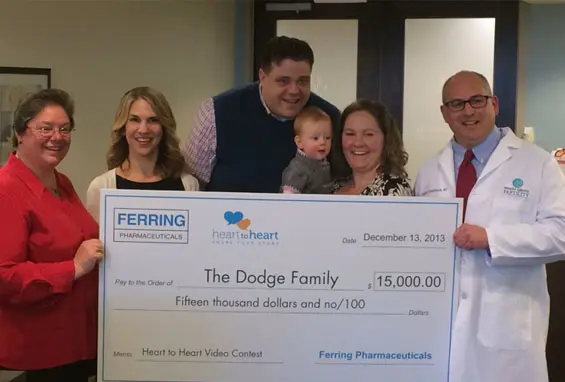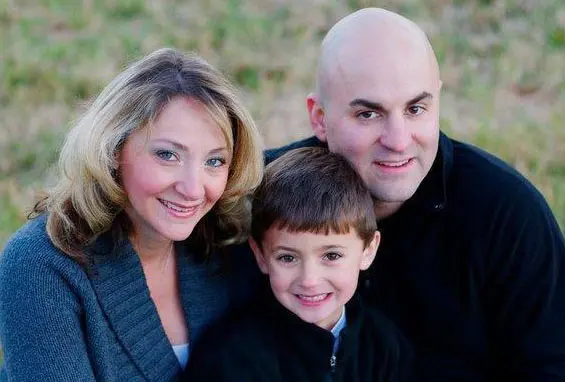Recurrent miscarriage
Some couples experience infertility as both delayed conception and recurrent miscarriage. Also often called recurrent pregnancy loss, it is a condition that is defined as two or more consecutive clinical pregnancy losses before 20 weeks gestation.
Due to the nature of recurrent pregnancy loss, many people may not immediately seek help to treat this condition, as they are able to conceive. However, it’s important that a physician helps address the underlying cause of the miscarriages.
Indicators of recurrent miscarriage
It’s important to consider clinical pregnancies rather than biochemical pregnancies, as biochemical pregnancies are usually not included in a diagnosis of recurrent pregnancy loss:
Diagnostic testing for recurrent miscarriage
Your medical history, a pelvic exam, and one or more of the tests listed below are necessary for diagnosing possible causes of recurring miscarriages:
Treatment for recurrent miscarriage
Treatment options vary by cause for recurrent miscarriage, as there are many factors that may lead to this diagnosis, including genetic, anatomic, and medical conditions, as well as lifestyle factors.
Genetic conditions
Miscarriages occurring within the first 3 months of pregnancy are often due to genetic abnormalities in the embryo or fetus. It’s commonly seen that there is an extra or missing chromosome.
Treatment options: A physician may recommend preimplantation genetic testing of embryos with in vitro fertilization (IVF) treatment. This allows the medical team to screen all available embryos and determine which have abnormalities and which are cytogenetically normal.
Anatomic problems
The shape and size of a person’s uterus may affect their ability to carry a pregnancy. If a person’s uterus is too small due to a septum (a band of tissue formed inside the uterus), or if fibroids are present in or around the uterus, a miscarriage may result.
Treatment options: Depending on the nature of the anatomic problem, your physician may recommend surgery.
Medical conditions
There are many medical conditions not directly related to a person’s reproductive health that could lead to miscarriages, including thyroid disease, diabetes, hormonal imbalances, certain immune system conditions, and blood-clotting conditions.
Treatment options: A physician may need to treat these medical conditions prior to, or in conjunction with, infertility treatment.
Lifestyle factors
Smoking, certain recreational drugs, excessive alcohol, excessive caffeine, and being overweight are all linked to an increased risk of recurrent miscarriage.
Treatment options: Many people experience a decreased risk of miscarriage when all involved partners address certain lifestyle factors, such a smoking cessation.
Age
Although the overall incidence of miscarriage is 1 in 4 pregnancies, or 25 percent, this rate increases as a person with female reproductive organs ages. The rate of miscarriage climbs to 50 percent or higher for people over the age of 40. Most often, this increased risk is linked to genetic abnormalities. For people under the age of 35, the chance of miscarriage due to genetic abnormalities is 15 to 20 percent.
Treatment options: The best course of treatment for advancing maternal age is often using a donor egg to conceive. While the person’s eggs may be decreasing in quality, their uterus is often still able to carry a healthy pregnancy to term.
FAQs
Learn more about recurrent miscarriage
Success stories from patients who experienced recurrent miscarriage
Patient Story
Jackie & Mike
Patient Story
Kat & Mike
Patient Story
Aren & Jeff
Patient Story





